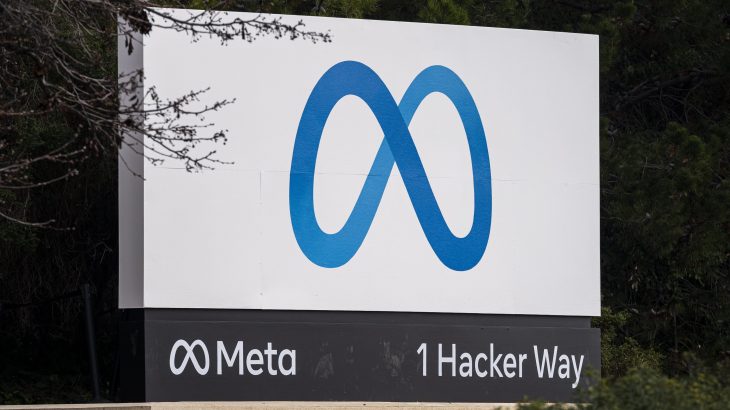Meta, formerly known as Facebook, has initiated another wave of layoffs, affecting approximately 6,000 employees as part of its ongoing restructuring efforts. The company’s CEO, Mark Zuckerberg, had previously announced in a blog post in March that 10,000 jobs would be eliminated in two phases of layoffs, with the first occurring in late April and the second in late May. This latest round of layoffs primarily targeted business positions, while the previous round impacted technical teams.
The layoffs are part of Meta’s overarching strategy, known as the “Year of Efficiency,” aimed at streamlining operations, reducing costs, and flattening the organizational structure. The company has proactively sought ways to optimize its resources and increase operational efficiency.
Employees at Meta were aware of the impending layoffs, given the earlier announcement by Mark Zuckerberg. The company had already eliminated 11,000 positions in November, and in addition to the recent layoffs, Meta has also halted the recruitment process for approximately 5,000 open roles. These measures have resulted in around 21,000 job losses since November, representing a significant reduction in the company’s global workforce, which previously stood at around 87,000 employees.
The restructuring efforts at Meta signify a concerted effort by the company to adapt to changing market dynamics and prioritize strategic areas of focus. By consolidating and optimizing its workforce, Meta aims to enhance operational efficiency, align its resources with key growth areas, and position itself for sustained success in a rapidly evolving industry.
Zuckerberg Acknowledges the Unforeseen Benefits of Workforce Reductions
Zuckerberg wrote in his March blog post and said, “Since we reduced our workforce last year, one surprising result is that many things have gone faster. In retrospect, I underestimated the indirect costs of lower priority projects.”
The recent wave of layoffs at Meta has taken a toll on employee morale within the company. With thousands of team members uncertain about their job security, anxiety and apprehension have become prevalent emotions. The prolonged anticipation surrounding potential layoffs has created a stressful environment as employees await news about their employment status. For some individuals, the repercussions of being laid off extend beyond losing their job, as it may also result in losing healthcare benefits or work visas.

While some investors have expressed skepticism regarding Mark Zuckerberg’s belief that virtual reality (VR) and mixed reality will spearhead the future of social connectivity, Zuckerberg remains steadfast in his commitment to this vision. Amidst the workforce reductions, Meta’s substantial investment in Reality Labs has raised eyebrows among investors. Last year, the company allocated $13.7 billion to develop its metaverse initiatives through the Reality Labs department.
The Commitment of Meta to AI Integration and Future Stability
During a quarterly earnings call last month, Zuckerberg addressed the prevailing narrative that Meta was shifting its focus away from the metaverse. He clarified that this narrative was inaccurate, emphasizing that the company has been actively concentrating on artificial intelligence (AI) and the metaverse and intends to continue doing so. Zuckerberg’s reassurance highlights Meta’s unwavering dedication to realizing its vision of a metaverse-driven future.
Artificial Intelligence (AI) plays a crucial role in Meta’s research and development efforts, particularly in the realms of augmented reality (AR) and virtual reality (VR). As the industry continues to be enamored with AI, Meta is actively integrating this technology into various established facets of its business. Beyond its technological advancements, AI also underpins essential aspects of Meta’s platform, such as content moderation and algorithmic social feeds.
In recent weeks, Meta has unveiled several AI-powered tools demonstrating its commitment to leveraging AI across different areas. One notable release is Meta’s generative AI coding tool, which aims to streamline the coding process and enhance developers’ productivity.
If Meta stays on course with its outlined plans, this recent round of significant layoffs is expected to be the last for the foreseeable future. This stability will provide a sense of reassurance for the remaining employees at Meta. However, Meta did not comment or respond to inquiries regarding these developments.











